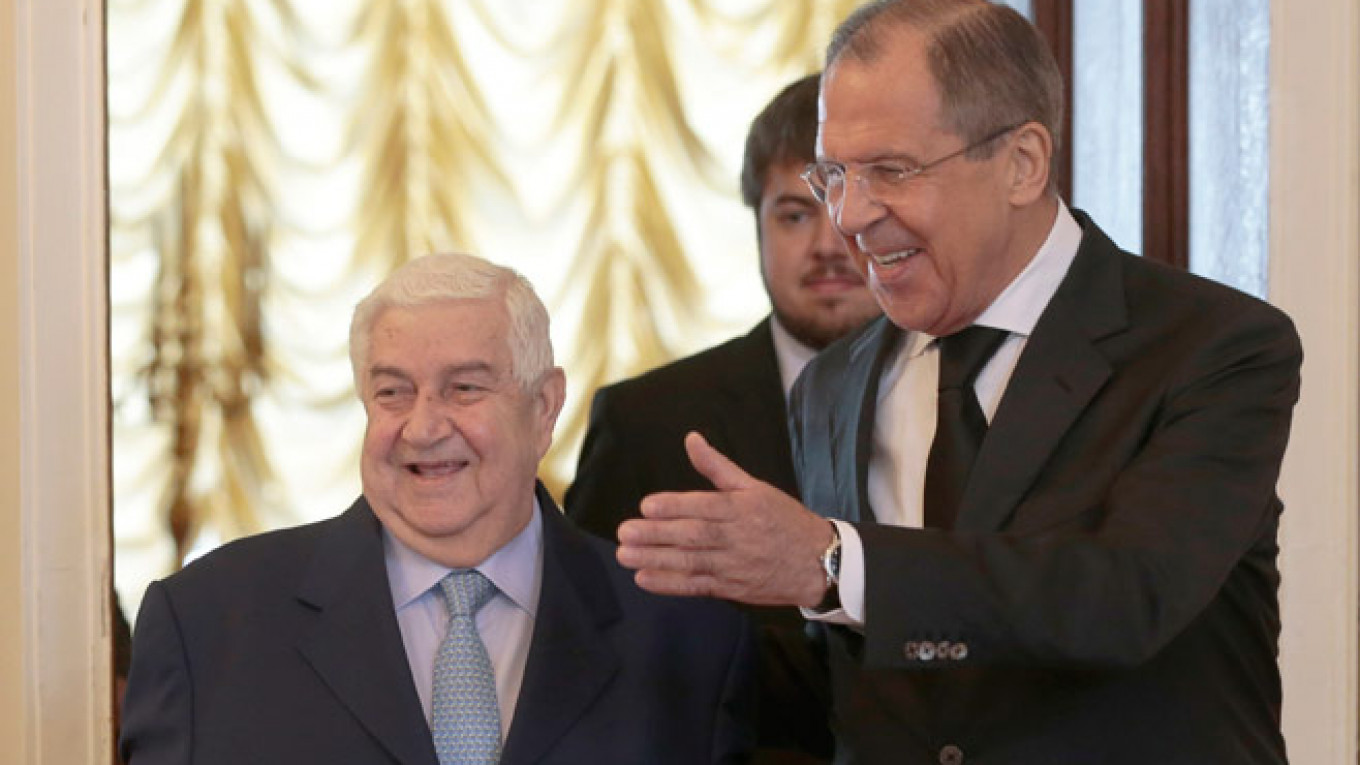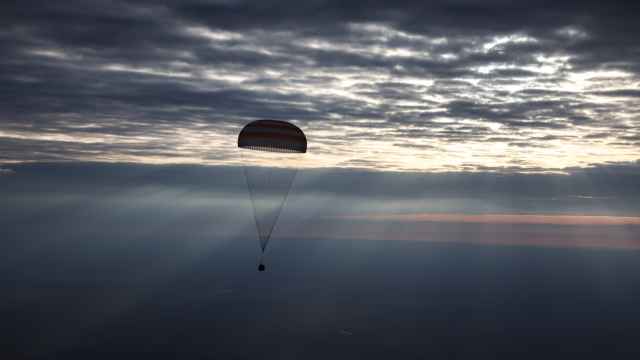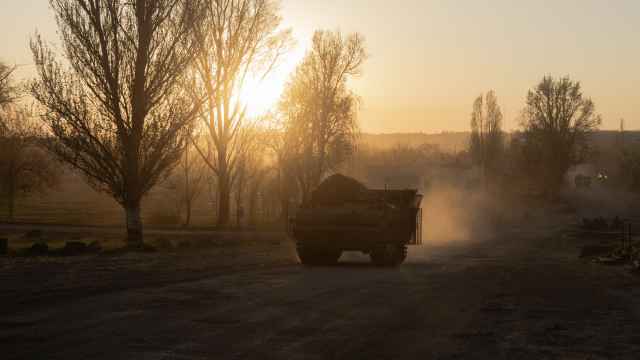AMMAN / BEIRUT — Syria's foreign minister said in Moscow on Monday that Russia had promised to send political, economic and military aid to his country, where the army is coming under some of the heaviest pressure since the start of the civil war.
Insurgent groups have made gains against government forces in northwest, central and southern Syria in the past two months but Damascus has voiced confidence that it can hold on to important territory with the help of its allies.
"I got a promise of aid to Syria — politically, economically and militarily," Walid al-Moualem said at a televised news conference after meeting Russian President Vladimir Putin. He did not give details.
Putin said earlier on Monday there was no change in Russia's support for the Syrian leadership.
Syria has relied on help from its allies — Russia, Iran and Lebanese Shiite group Hezbollah — in the four-year conflict that has killed more than 220,000 people and convulsed the region.
At the news conference with Moualem, Russian Foreign Minister Sergei Lavrov reiterated Moscow's stance that calling for Syrian regime change was aiding the expansion of hardline groups, which have become some of the strongest in the war.
The Syrian army said on Monday it had recaptured a residential area in Hasaka from Islamic State fighters who stormed the northeastern city last week and drove out thousands of civilians.
State television said the army had "cleansed" the southern Hasaka district of Nashwa of Islamic State fighters, who hold large tracts of Syria's east but mainly the more thinly populated countryside.
A Syrian army source said Islamic State suicide bombers blew up two trucks in the southeastern district of Ghwyran and a fire erupted at petroleum storage tanks and a textile firm following shelling by the militants.
A video posted online by an opposition website showed a plume of smoke and fire hanging over the south of the city.
State television quoted the army source as saying Islamic State had targeted a major roundabout and an area around a mosque in Ghwyran, among the districts entered by the insurgents in their bid to seize government-held parts of Hasaka.
The army source said a number of "martyrs fell … Fire erupted at the [textile] plant and a number of storage tanks."
The Islamic State said it had carried out suicide attacks on army checkpoints in Ghwyran and that its fighters had advanced to new locations in Hasaka's Aziziya district.
The Islamist insurgents have deployed scores of suicide bombers against army checkpoints in Hasaka, enabling them to move into positions deeper inside the city, which is close to the border with Iraq.
The Islamic State has gone back on the offensive in Syria's civil war after two weeks of reverses at the hands of Kurdish-led forces supported by air strikes of a U.S.-led coalition.
Hasaka, which had a pre-war population of 300,000, is important for all sides in the conflict as it sits between IS-held territory in Syria and in Iraq.
Hasaka has been divided into areas run separately by Syrian President Bashar Assad's government and regional Kurdish authorities, and has an ethnically and religiously mixed population of Arabs and Kurds.
The army has also been battling insurgent groups in Syria's southern Deraa province, where rebels under the banner of the Free Syrian Army launched an operation last week to capture the last government-held areas. But the army appears to have been putting up a strong fight, and state television said over the weekend that dozens of enemy fighters had been killed.
A Message from The Moscow Times:
Dear readers,
We are facing unprecedented challenges. Russia's Prosecutor General's Office has designated The Moscow Times as an "undesirable" organization, criminalizing our work and putting our staff at risk of prosecution. This follows our earlier unjust labeling as a "foreign agent."
These actions are direct attempts to silence independent journalism in Russia. The authorities claim our work "discredits the decisions of the Russian leadership." We see things differently: we strive to provide accurate, unbiased reporting on Russia.
We, the journalists of The Moscow Times, refuse to be silenced. But to continue our work, we need your help.
Your support, no matter how small, makes a world of difference. If you can, please support us monthly starting from just $2. It's quick to set up, and every contribution makes a significant impact.
By supporting The Moscow Times, you're defending open, independent journalism in the face of repression. Thank you for standing with us.
Remind me later.






